Tips on building your confidence and self-esteem
Building your confidence and self-esteem can take time and practice. But there are lots of things you can do to improve the way you feel about yourself and your abilities.
It might feel like a big step to make changes. Start by trying a couple of new things each week, until you find what works for you. Small changes can make a big difference.
This page has tips and ideas that could help you feel more confident and improve your self-esteem.
Watch things on social media that will not remind you of your insecurities, but empower you to love your insecurities – Lilian, 18
Be kind to yourself
These things might not always feel easy, but they can be powerful ways to help change how you think and feel about yourself:
- Recognise and challenge your unkind thoughts. Try to do this by talking to yourself as you would to a good friend. You could ask yourself: ‘How might someone else see this?’, ‘Is there anything that suggests this might not happen?’, or ‘What would I say to a friend who was thinking this?’ Answering these questions may help you to think more calmly and act in a more practical way.
- Remember it's okay to make mistakes. It's also important to forgive yourself when you do make a mistake.
- Repeat positive statements to yourself. For example, you could say ‘I am enough’ or ‘I am worth it’ to yourself in the mirror every morning.
- Avoid comparing yourself to others. For example, try to remember that the pictures people share on social media have been carefully chosen or filtered. And they often don't show what our actual lives are like.
Think back in time to how we felt when we made similar mistakes when we were younger, and how little it affects us now, that might help us put everything in perspective.
Look after yourself
By looking after your health you could feel better inside. It might help if you can try to:
- Sleep well
- Eat a balanced diet
- Stay active
- Spend time outside in nature
- Avoid drugs and alcohol
Don't be afraid to unfollow accounts which make you feel bad about yourself, promote unhealthy ideas about food or don't create real images.
Focus on the positives
Celebrate your successes by making a list of things that you and other people like about yourself, that you could read later.
This could include any compliments you get, even if you don't believe them at the time. Over time you could begin to see yourself differently.
I have an achievements jar where I write at least one thing I achieved that day (and date it) and put it in the jar.
Make an online board or blog of motivational quotes and images.
Spend time with people
Some things you could try include:
- Having fun with family or friends
- Connecting with someone you identify with and trust
- Being kind to others
- Using your skills and time to help a friend or family member
- Volunteering somewhere, can also help you to feel good about yourself
These are the people who will like you for who you are.
Learn to assert yourself
Asserting yourself, or ‘being assertive’, means giving your opinion, or saying what you want or need, or how you feel, without being rude. It's about standing up for yourself, while also being respectful of other people's views and feelings.
This can feel tough at first, and it may take time for you to feel confident doing this. Try thinking about your own boundaries, and practise saying ‘yes’ or ‘no’ when you're making a choice.
Don't put pressure on yourself to try too much at once.
You can find information and tips on being assertive on the Childline website.
Do things you enjoy
Think about the things you enjoy doing the most. This could be:
- Listening to music
- Playing video games
- Swimming
What you like doing is up to you, and it can be anything at all.
Let yourself have fun without feeling guilty, even if it's just for 15 minutes.
Act confident when you don't feel it
You could start by practising talking or doing a pose in your mirror. This can you help you work up to acting confident in front of others.
If you can keep it up, you may find after a while that you're not acting anymore – you've learned to feel more confident.
Try something new
Trying something new can help you develop a skill and meet new people.
You could try something like:
- Learning some new phrases in a different language
- Learning how to play an instrument
- Painting or drawing
- Joining a class or sports club
You could set yourself goals as you go to see how you improve, or just do it for fun.
Tips for presenting in front of people
Sometimes you might have to speak in front of people in class, or at school or work. You might find this idea scary, but there are things you can do to help you feel more confident.
Here are some tips to help you prepare:
- Practise in front of your mirror, and then in front of your family, a friend, or your pet
- Act confident, even if you don't feel it
- Be honest with how you think you're doing
- Try not to compare yourself to others, or think about what they think of you
- See it as a way of learning, not a chance of failing
- Remember that it's normal to feel nervous
- Enjoy yourself in the moment, and celebrate afterwards
Think about what you expect from yourself, not what others expect from yourself.
This information was published in August 2020. We will revise it in 2023.
The quotes on this page are from young people we spoke to while making this information. They've given us their consent to use their quotes in our information. The words, experiences and opinions in the quotes are not related to the young people shown in any of the photographs we use.
References are available on request. If you would like to reproduce any of this information, see our page on permissions and licensing.













